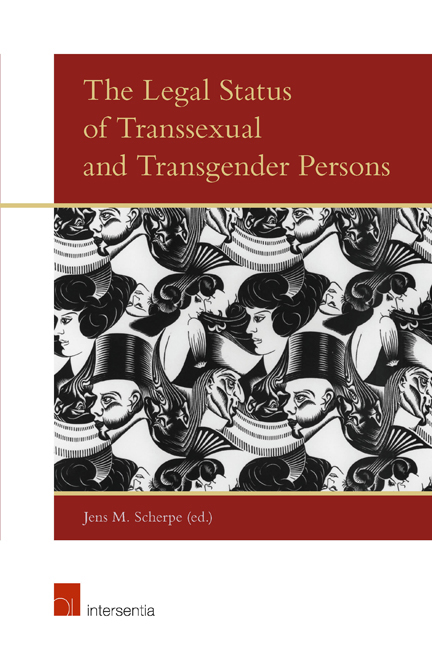Book contents
- Frontmatter
- Dedication
- Preface
- Contents
- List of Contributors
- Introduction
- PART I MEDICAL/PSYCHOLOGICAL VIEWS
- PART II CHRISTIAN VIEWS
- PART III LEGAL VIEWS
- Europe
- Belgium and the Netherlands
- Czech Republic
- Denmark
- England and Wales
- Germany
- Ireland
- Italy
- Spain
- Sweden
- Turkey
- Asia
- Australia and New Zealand
- North and South America
- PART IV CONCLUSION
England and Wales
from Europe
Published online by Cambridge University Press: 28 November 2017
- Frontmatter
- Dedication
- Preface
- Contents
- List of Contributors
- Introduction
- PART I MEDICAL/PSYCHOLOGICAL VIEWS
- PART II CHRISTIAN VIEWS
- PART III LEGAL VIEWS
- Europe
- Belgium and the Netherlands
- Czech Republic
- Denmark
- England and Wales
- Germany
- Ireland
- Italy
- Spain
- Sweden
- Turkey
- Asia
- Australia and New Zealand
- North and South America
- PART IV CONCLUSION
Summary
LEGAL FRAMEWORK AND STATISTICS
THE GENERAL LEGAL FRAMEWORK
In England and Wales the principal sources of law are statutes of the United Kingdom Parliament and decisions of the courts of England and Wales. The law is subject to a human rights framework enacted by the Human Rights Act 1998, which incorporates into English law, in a freestanding way, many of the articles of the European Convention for the Protection of Human Rights and Fundamental Freedoms 1950 (Convention rights). Courts are required to take into account decisions of the European Court of Human Rights, legislation must be interpreted, so far as it is possible to do so, in a way which is compatible with Convention rights, and no public authority (which includes a court or tribunal) may act in a way which is incompatible with a Convention right. If a law cannot be interpreted as compatible with a Convention right, a court may make a declaration of incompatibility, whereupon the expectation is that Parliament will address the problem. As we shall see below, this human rights framework has been influential in shaping the law of England and Wales with respect to the status of transsexual and transgender persons.
THE PRINCIPAL LEGAL SOURCES ON THE LEGAL STATUS OF TRANS PERSONS
The legal status of transsexual and transgender persons in England and Wales is regulated in statute principally by the Gender Recognition Act 2004, which was enacted on 1 July 2004 and largely implemented on 4 April 2005. The recent enactment of the Marriage (Same Sex Couples) Act 2013, which, as its title suggests, permits same-sex marriage, has necessitated several consequential amendments to the 2004 Act, in particular to address the impact of a change of gender on an existing marriage or on a civil partnership (which in English law is a status confined to same-sex couples).
In the absence of the applicability of the Gender Recognition Act 2004, the law with regard to a person's legal gender is to be found in judicial decisions (the common law). Interestingly, both the context in which the modern English common law position was established, and also that which provided the final impetus for the enactment of the 2004 legislation, was the issue of whether a transgender person should be able to marry.
- Type
- Chapter
- Information
- The Legal Status of Transsexual and Transgender Persons , pp. 183 - 206Publisher: IntersentiaPrint publication year: 2015

